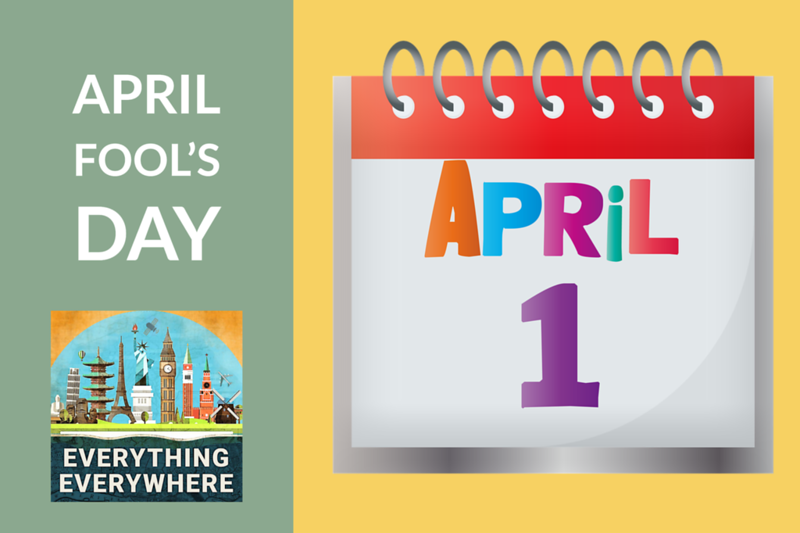April Fools’ Day, while not an official holiday, has captivated people worldwide with its history and diverse significance.
Dating back centuries and observed on April 1, this day is synonymous with jokes, pranks, and hearty laughter, serving as a delightful occasion to share humour and mend fences.
April Fools’ Day, while not an official holiday, has captivated people worldwide with its history and diverse significance.
Dating back centuries and observed on April 1, this day is synonymous with jokes, pranks, and hearty laughter, serving as a delightful occasion to share humour and mend fences.
Although work and school obligations persist, April Fools’ Day offers a golden chance to infuse playfulness into daily life, fostering camaraderie even with those we may not always agree with.
Ghana particularly embraces this day, showcasing its universal appeal that transcends borders and cultures, resonating strongly in popular culture and digital realms.
Originating in 16th-century France during the calendar transition from Julian to Gregorian, April Fools’ Day finds its roots in playful mockery of those unaware of or resistant to change.
Ancient Roman and Indian festivals also contributed elements of jests and disguises, shaping the evolution of April Fools’ Day’s traditions.
In today’s digital age, social media plays a pivotal role in spreading jokes and hoaxes, although a reminder to exercise sensitivity and respect is crucial to maintaining a positive and inclusive atmosphere for all to enjoy the day’s humor.


